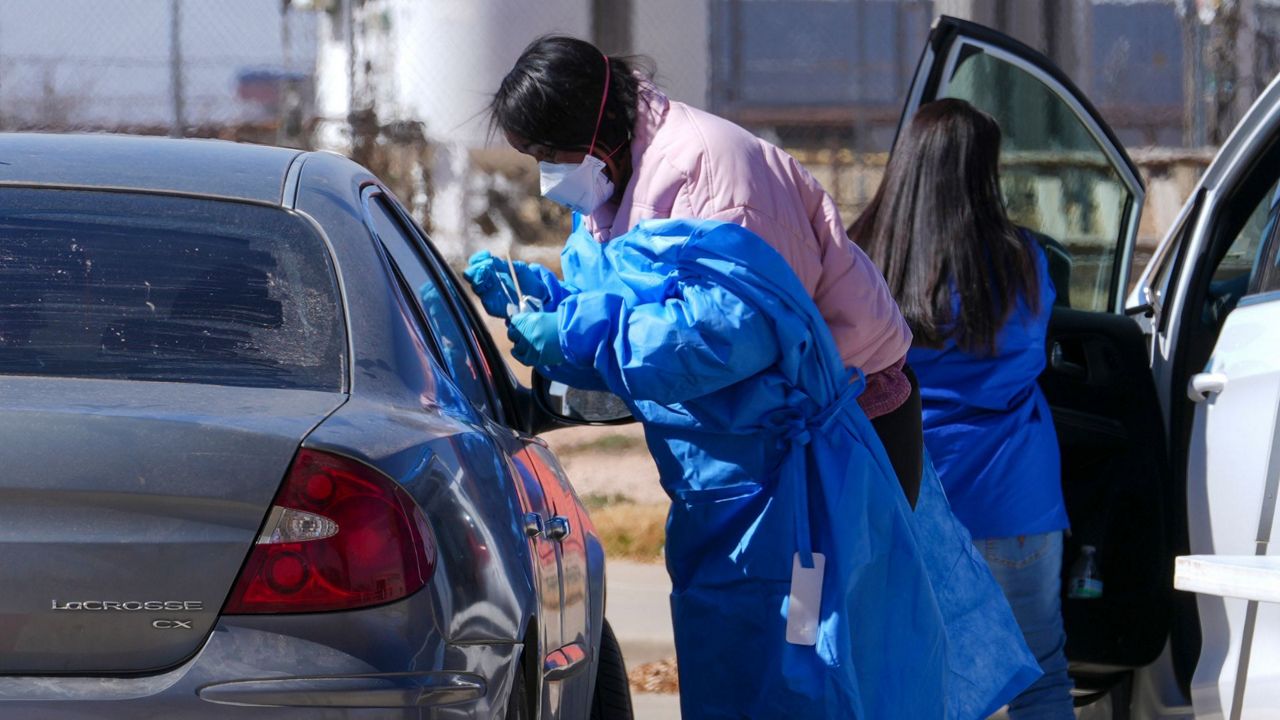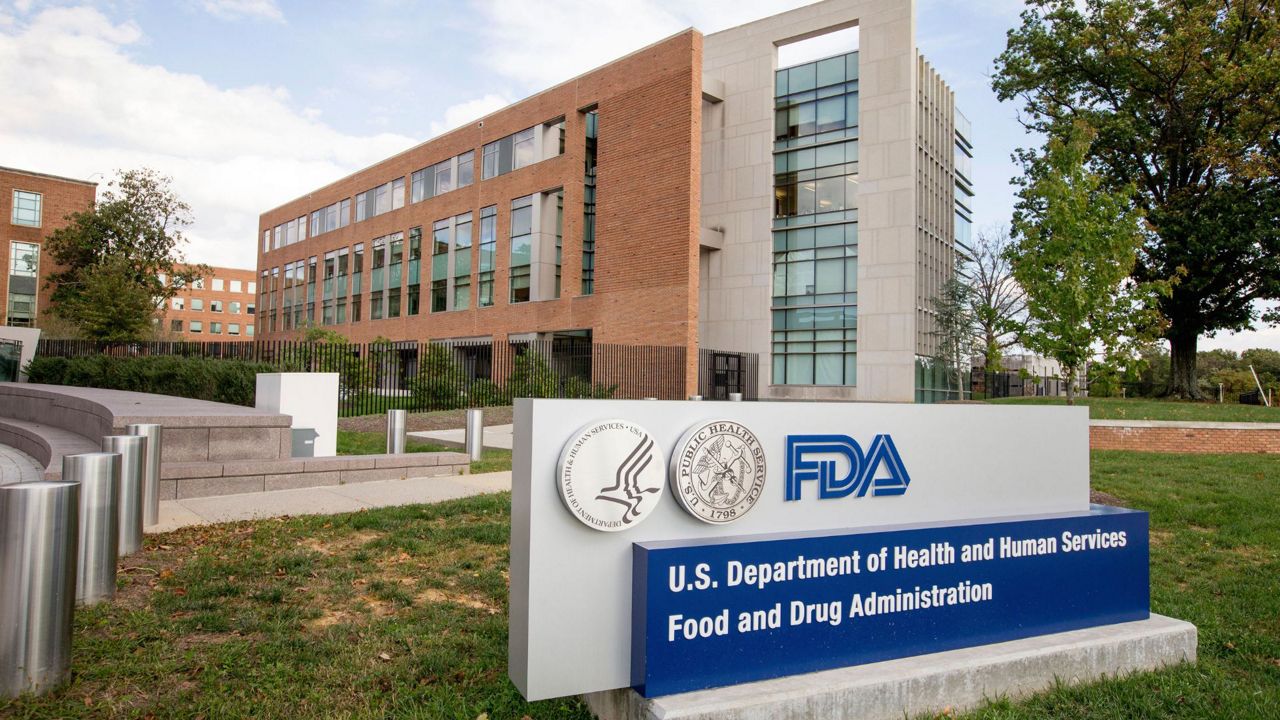JOHNSON COUNTY, Texas — A North Texas county has declared a state of disaster due to heightened levels of harmful per- and polyfluoroalkyl substances (PFAS) in the environment that officials say have killed fish and cattle in their community.
Johnson County, located south of Fort Worth, issued the declaration Tuesday.
“Dangerous levels” of PFAS were found in groundwater, surface water, soil and animal tissue, according to officials. They say this was caused by contaminated biosolids, also known as sewage sludge that has been treated to be used as fertilizer.
Well water found near biosolid application sites revealed levels of PFAS that were “several hundred times higher” than the EPA's safe drinking water limits, according to the county.
“The contamination poses an immediate threat to the county's agricultural sector, drinking water supplies, and public health,” a news release from the county said.
PFAS, also known as forever chemicals, are hazardous materials that don’t break down easily and have been found widely in our air, water, food and in humans and animals. They have been found to cause cancer and other health complications, according to reporting from the Texas Tribune.
“This is not just an environmental issue; it is an agricultural issue,” County Commissioner Larry Woolley said. Woolley is an agricultural producer and former agriculture teacher.
In 2022, fertilizer from biosolids manufacturer Synagro was used on land in Johnson County. Farmers reported a foul smell and found that their animals were dying off one by one. They took legal action against the company in February 2024, according to the National Ag Law Center.
“This situation threatens the very foundation of our agricultural community and the safety of our residents,” said County Judge Christopher Boedeker. “We are taking immediate action to protect our citizens and support our farming community through this crisis.”
The county is calling on Gov. Greg Abbott to provide federal disaster assistance to help farmers by implementing emergency measures to protect health and safety and coordinating with state and federal agencies to assess and clean up the contamination.
Affected farmers can contact Deputy Constable Dana Ames at 817-556-6363 for guidance on assistance programs.









)


)
